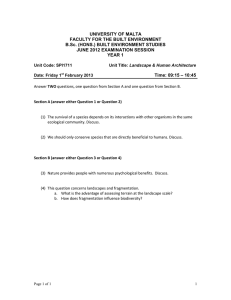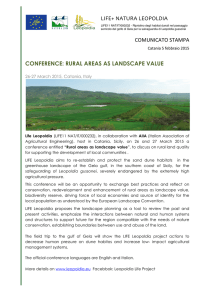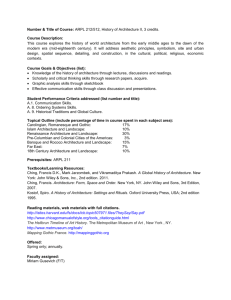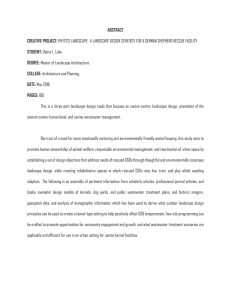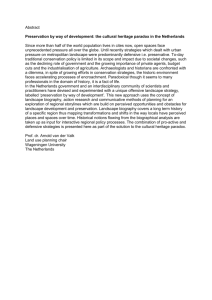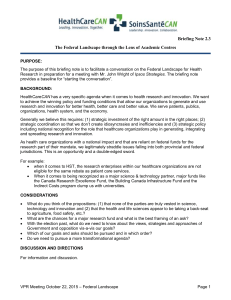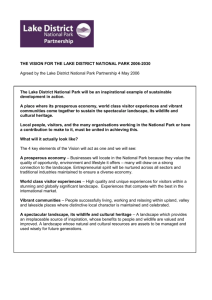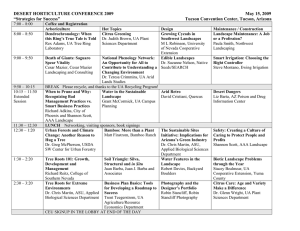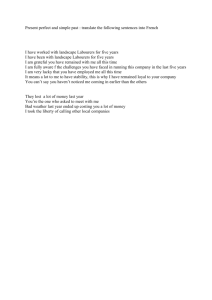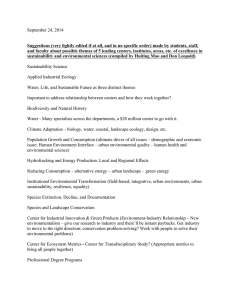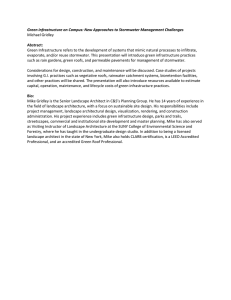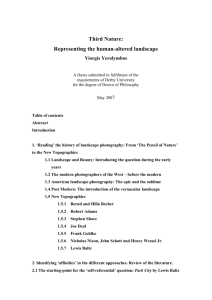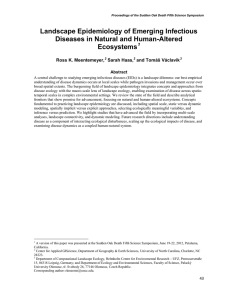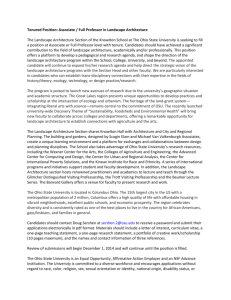The Charter of Palermo - National Wind Watch | Resource Documents
advertisement
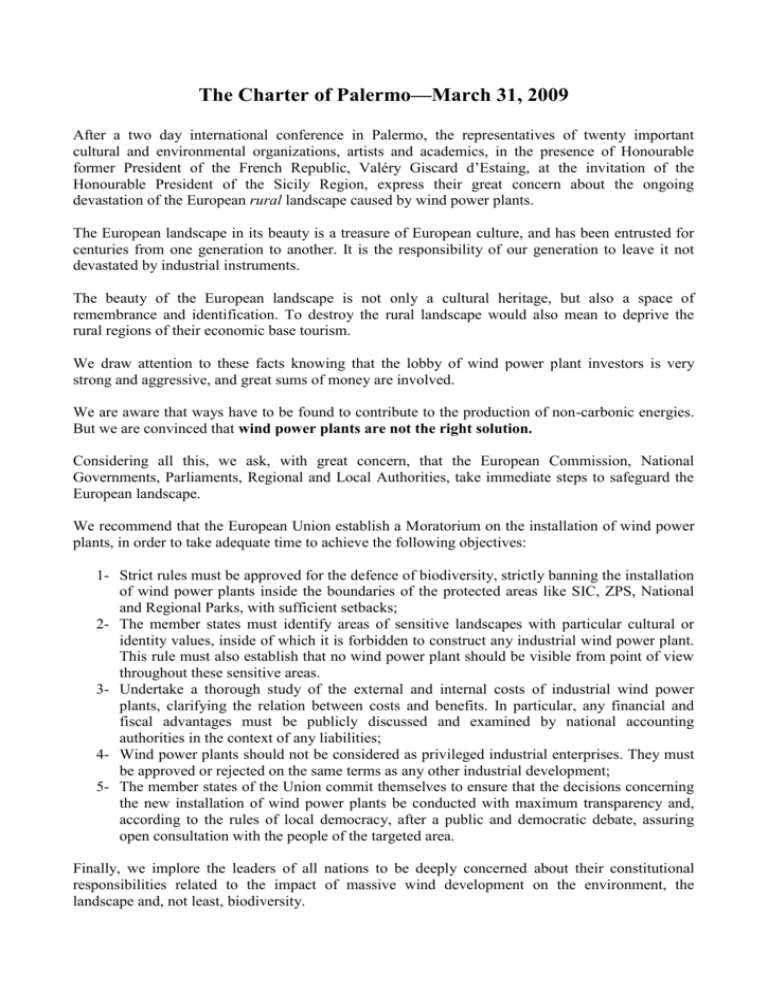
The Charter of Palermo—March 31, 2009 After a two day international conference in Palermo, the representatives of twenty important cultural and environmental organizations, artists and academics, in the presence of Honourable former President of the French Republic, Valéry Giscard d’Estaing, at the invitation of the Honourable President of the Sicily Region, express their great concern about the ongoing devastation of the European rural landscape caused by wind power plants. The European landscape in its beauty is a treasure of European culture, and has been entrusted for centuries from one generation to another. It is the responsibility of our generation to leave it not devastated by industrial instruments. The beauty of the European landscape is not only a cultural heritage, but also a space of remembrance and identification. To destroy the rural landscape would also mean to deprive the rural regions of their economic base tourism. We draw attention to these facts knowing that the lobby of wind power plant investors is very strong and aggressive, and great sums of money are involved. We are aware that ways have to be found to contribute to the production of non-carbonic energies. But we are convinced that wind power plants are not the right solution. Considering all this, we ask, with great concern, that the European Commission, National Governments, Parliaments, Regional and Local Authorities, take immediate steps to safeguard the European landscape. We recommend that the European Union establish a Moratorium on the installation of wind power plants, in order to take adequate time to achieve the following objectives: 1- Strict rules must be approved for the defence of biodiversity, strictly banning the installation of wind power plants inside the boundaries of the protected areas like SIC, ZPS, National and Regional Parks, with sufficient setbacks; 2- The member states must identify areas of sensitive landscapes with particular cultural or identity values, inside of which it is forbidden to construct any industrial wind power plant. This rule must also establish that no wind power plant should be visible from point of view throughout these sensitive areas. 3- Undertake a thorough study of the external and internal costs of industrial wind power plants, clarifying the relation between costs and benefits. In particular, any financial and fiscal advantages must be publicly discussed and examined by national accounting authorities in the context of any liabilities; 4- Wind power plants should not be considered as privileged industrial enterprises. They must be approved or rejected on the same terms as any other industrial development; 5- The member states of the Union commit themselves to ensure that the decisions concerning the new installation of wind power plants be conducted with maximum transparency and, according to the rules of local democracy, after a public and democratic debate, assuring open consultation with the people of the targeted area. Finally, we implore the leaders of all nations to be deeply concerned about their constitutional responsibilities related to the impact of massive wind development on the environment, the landscape and, not least, biodiversity.
